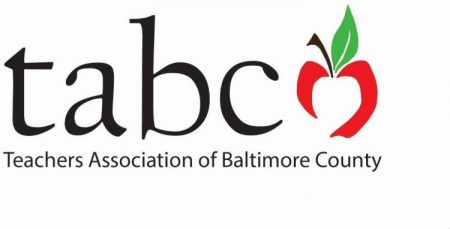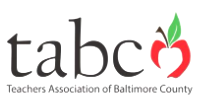Quick Facts About Educator Council
“The basic purpose of the Educator Council is to establish relationships and maintain positive communications among the faculty and staff, serve as the vehicle by which proposed changes in existing policies and practices, and new policies and practices, for each school may be considered…” Master Agreement, Article IV, 4.2.
Election of Educator Council
- There should be at least one Educator Council member for every ten educators in the school, except that no Educator Council shall have fewer than three, nor more than ten members. Members should be elected annually.
- All faculty members may vote except non-teaching administrators
- Voting should be done by secret ballot.
- Educator Council members select a chairperson and a secretary.
How Does it Work?
• The Council and the Principal mutually establish regular meeting dates
• Members of the faculty bring interests, questions or concerns to any member of the Educator Council at any time
• Issues may be brought to the Educator Council at its monthly open meeting where the agenda is developed for the closed meeting with the Administrative Team
• Appropriate resolution is sought and results of the closed meeting are printed and distributed to all faculty members (except for personnel issues)
- The Council and the Principal mutually establish regular meeting dates
- Members of the faculty bring interests, questions or concerns to any member of the Educator Council at any time
- Issues may be brought to the Educator Council at its monthly open meeting where the agenda is developed for the closed meeting with the Administrative Team
- Appropriate resolution is sought and results of the closed meeting are printed and distributed to all faculty members (except for personnel issues)
What Issues Should the Council Discuss?
Almost any topic is eligible for discussion including:
- school discipline policies, supplies, difficulties with support staff, school fund raisers, substitute and class coverage policies, chaperone duties, administrative policies, school safety equipment
- issues relating to the academic atmosphere, i.e., using educational philosophy and methodology to mutually develop programs designed to improve the level of scholarship
Resources for Educator Councils
- Educator Council Meeting Minutes(word document)
- Educator Council Meeting with Administration Minutes(word document)
- TABCO leadership & UniServ Directors
- Educator Council language can be found in TABCO Master Agreement, Article IV
- Publications/brochures available from the TABCO office
- Guidelines for Educator Council



